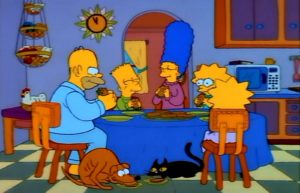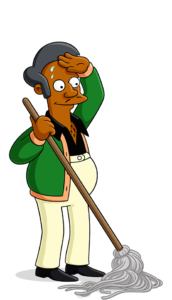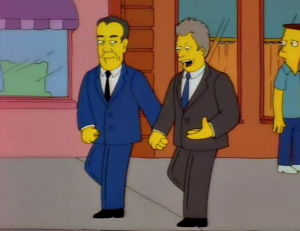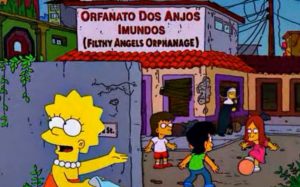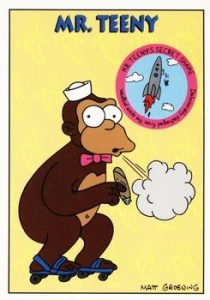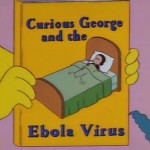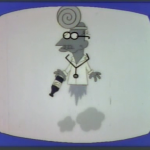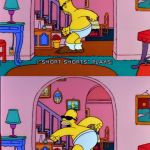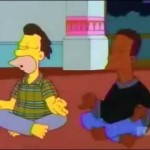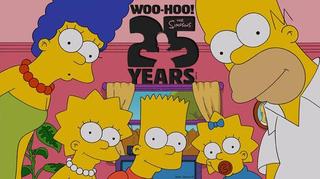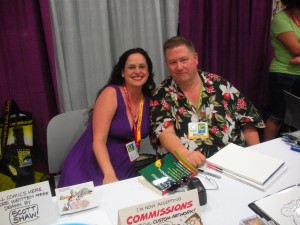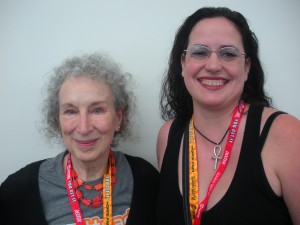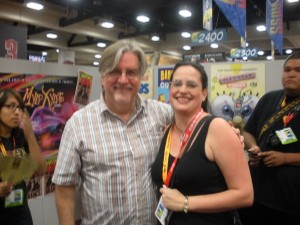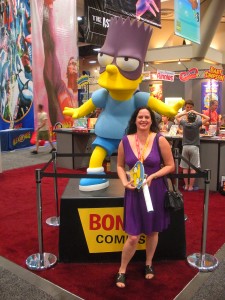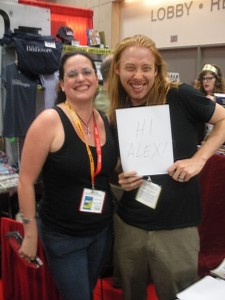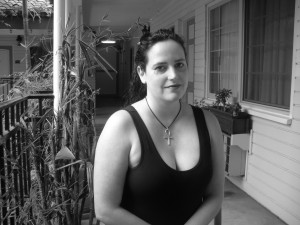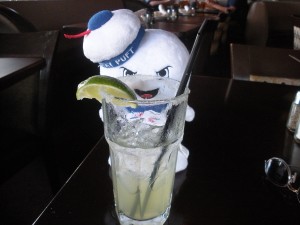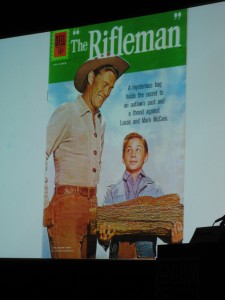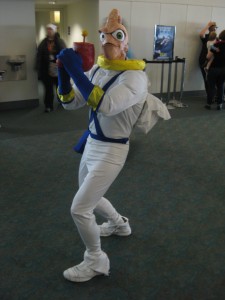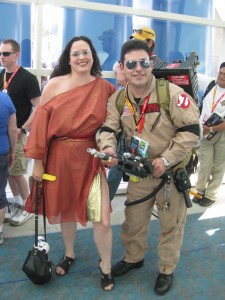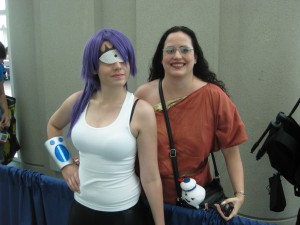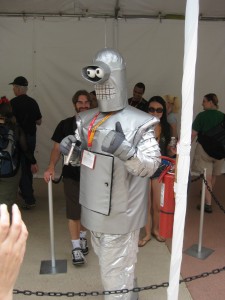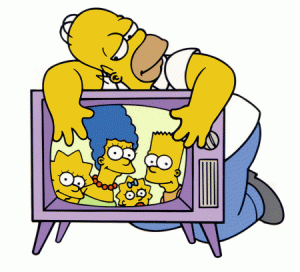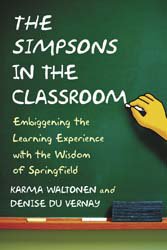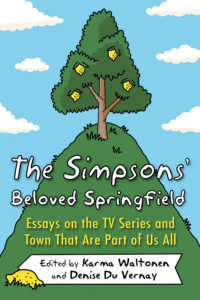Tomorrow marks the start of something historic–a full Simpsons marathon on FXX. (It will take 12 days to do every episode.)
Afterwards, FXX will be putting The Simpsons into regular rotation. (I’ve always managed to live somewhere with a local affiliate showing it at least once a day–every other country I’ve visited (UK, Spain, Canada, Finland) has also had regular daily showings.
FXX is also hosting an APP–Simpsons World–that will give unparalleled access to the show (every episode, episode guides, etc). I mean, I have this access (as I’ve recorded every episode of the show and I have all the guides), but this APP will make things easier (no flipping through heavy books, etc). (Further thoughts on the APP are below.)
This marathon/APP launching has increased interest in the show, which will begin Season 26 in the Fall.
A few weeks ago, I was on the anniversary show of a podcast on 90s culture, discussing the best show of the 90s.
Denise and I have several original essays to edit for our new Simpsons collection (and are looking for publishers now).
Tomorrow, I’m going to be on Radio Times with Marty Moss-Coane, a live, public-affairs talk show out of NPR’s Philadelphia affiliate, WHYY (at 8 a.m. Pacific Time).
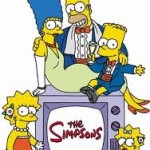
And then there are all the articles, online and otherwise.
I have to say, I find it somewhat disheartening that so many articles about the show start with a cliche about how the show is beloved, but not good anymore or simply postulate the show needs to go off the air.
In truth, the show itself hasn’t changed all that much since its “heyday”; rather, it changed the world of television, bringing us animation for adults, sitcoms without laugh tracks (and thus a faster pacing in the comedy), imperfect lower class families, TV families that actually watched TV, postmodern pastiches that mix high and low comedy, and satire for the masses. It took a while, but then a lot of other shows started imitating the innovations. And then, over the years, new shows with new innovations (like cartoons not just for adults but sick adults like me and my friends) came along.
The Simpsons should certainly not attempt to mimic these shows, to keep pushing the television envelope. It ushered in a revolution; it should not attempt to one-up Archer. (Something will, though. Archer will become quaint. Whatever makes it so will shock us for a while, until something comes out to make it seem old.)
The Simpsons is basically the same. It’s we, the audience, who are different. We expect a lot now–because the show has taught us to. Because the show opened the door for so many other shows to experiment. And we watched those experiments–and we keep expecting more.
And then we get cranky & say The Simpsons is not funny or relevant anymore.
Hey, you don’t have to like it now–you’re a different audience than you were.
But so am I. And I still think it’s funny. True, there are not as many episodes that catch me the way my old favorites do (it should be noted, of course, that not all fans agreed that what we now consider the best episodes were good–“Deep Space Homer,” one of my all-time favorites, was often lambasted by viewers at the time).
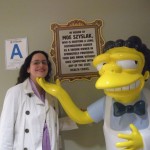
Karma & Moe
However, there are still new episodes that do catch me. “Coming to Homerica” was an instant classic.
There are still jokes that make me laugh way too much (such as Maggie’s “first” word–in Norwegian–and her mother’s reaction to it, in the above episode).
And there are still episodes that move me. “Lisa Simpson, This Isn’t Your Life” features Lisa going to a private school, as she has often wanted. Lisa hurts Marge deeply in this episode, insulting her mother, her mother’s choices, her mother’s intellect, her mother’s choice to be a stay-at-home mom. However, Lisa then finds out that Marge has taken on some demeaning and grueling work to allow her to go to this school. It’s hard to watch that moment.
I care about the series & its characters. One of the things that makes The Simpsons special is that the characters are imperfect, but lovable. The shows’ imitators (with the exception of Bob’s Burgers, which is excellent) have often neglected this part of the equation. You can kill Kenny hundreds of times, and not just because he’s coming back. I’d actually cheer if they killed Peter Griffin; I can’t watch him verbally and mentally abuse his daughter anymore. And Stewie can insult and try to hurt Lois until the end of time. There may be moments of humor, but I won’t feel for Lois, who cannot apparently be emotionally hurt (and is thus unrelatable), nor do I have a reason to understand Stewie’s vendetta.
Lisa’s tension with her mother, and her mother’s ultimately loving response takes me back to what I loved about all those old episodes people apparently long for–the moment when Bart writes “Hero” on his father’s bald head, when Homer tries to win his daughter back after her crush on a teacher exposes a problem in the father-daughter relationship, when Marge takes Homer back, despite his tattered rags being caught on the coffee table. 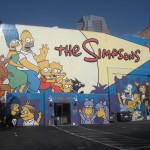
The other reason for my annoyance at the naysayers is a selfish one. I have friends who work on the show. I have no doubt that I could continue my teaching and scholarship on the show once it’s off the air (in the same way we still read that damn Shakespeare guy), but I want my friends, who are writing jokes, animating scenes, composing music, and putting everything together to keep doing what they love.
Especially since what they love is something I still love.
(And, c’mon, The Simpsons is still better, even in a not great episode, than 95% of the crap on TV; 40% of all people know that!)
*****
Further thoughts on the APP:
I have to admit that I’m not sure exactly how the APP will work. I still have a dumb phone, so I don’t use APPs. This APP, though, is digital, meant for cable subscribers. On the one hand, that means I can get it, but it might also means that it won’t be as useful for my students as I’d hoped. Right now, when I teach the show, I have to show many of the episodes in class, which takes away from our talking time, since they don’t have access to the episodes streaming anywhere. However, most of my students only watch TV on the computer, meaning they aren’t cable subscribers. We’ll see.

